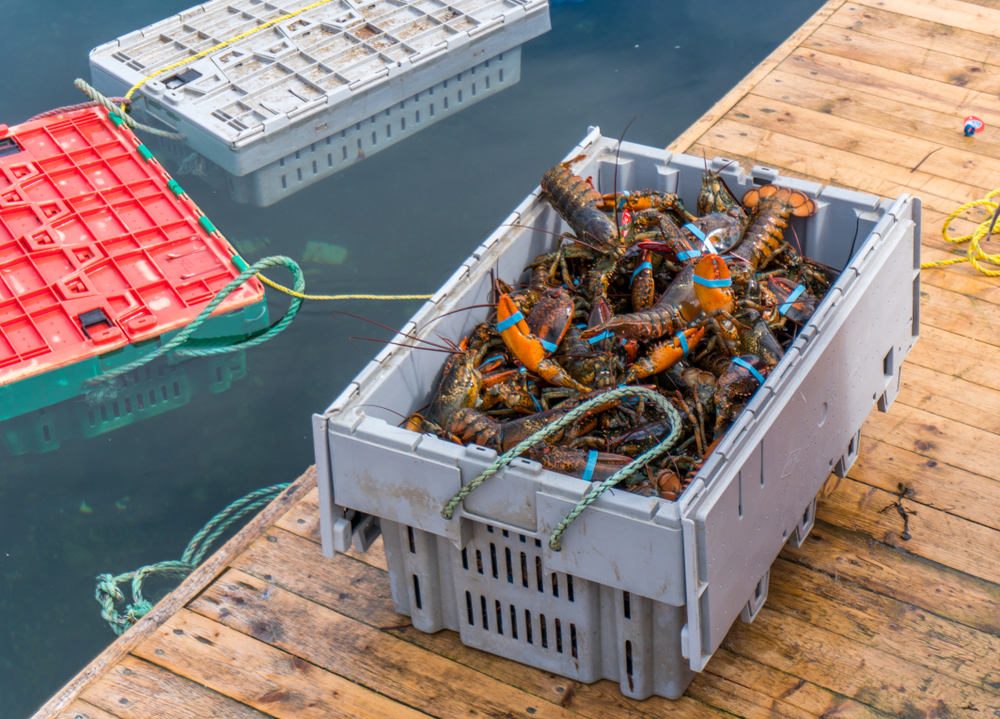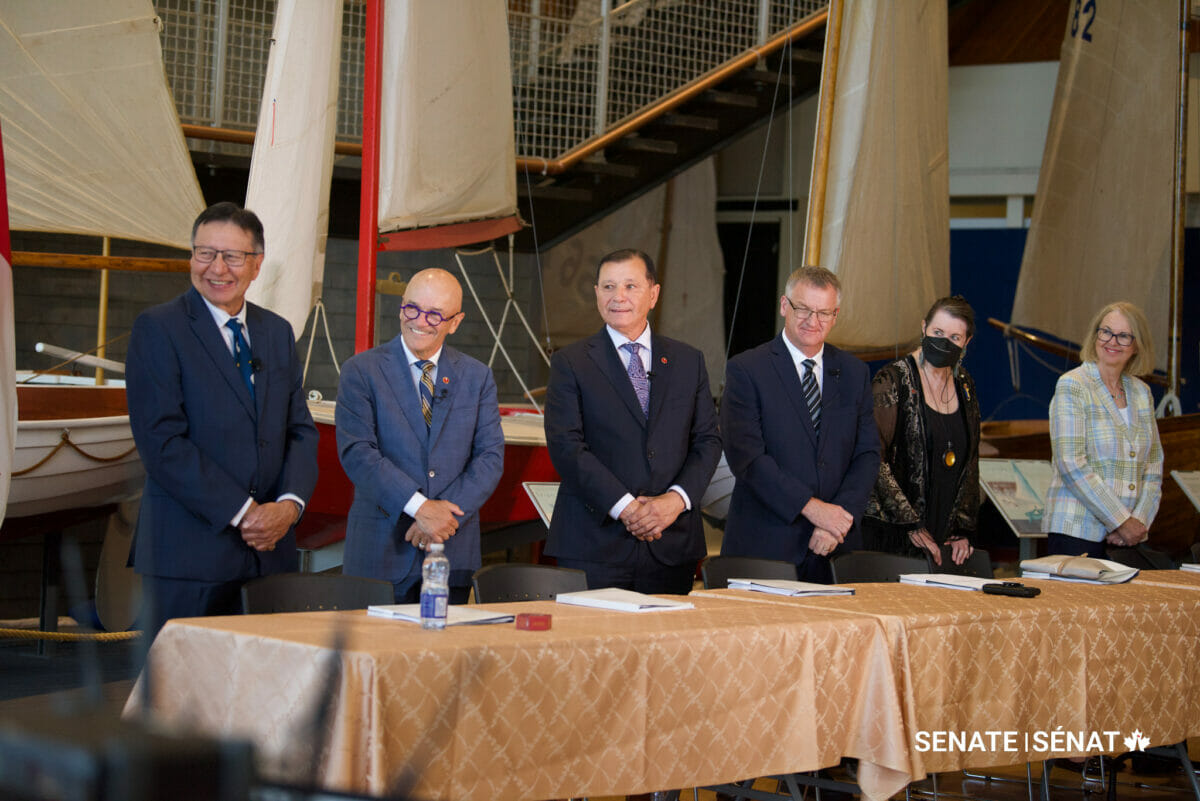A senate report details instances of racism and discrimination against Indigenous lobster fishermen, sometimes at the hands of government agents.

The Standing Senate Committee on Fisheries and Oceans had harsh words for the Canadian federal government. At a meeting this week in Halifax, Nova Scotia, the committee presented its new report, which looked at the implementation of Indigenous rights-based fisheries. Its findings suggest that, despite more than two decades since key precedents were set, the fisheries have not been fully implemented. This has led, the committee stated, to confusion, tension and violence.
In Canada’s Atlantic provinces (Nova Scotia, New Brunswick, Prince Edward Island and Newfoundland and Labrador), as well as parts of Quebec, 35 First Nations have a treaty right to fish for a moderate livelihood. That means these Indigenous groups can fish in the coastal waters without a commercial license. Some First Nations have also fished outside of commercial fishing seasons. That right was upheld by the 1999 Marshall decision, a key case in the Canadian Supreme Court.
However, in the 23 years since the Marshall verdict, the senate committee has found that the standards for moderate-livelihood fisheries have not been fully implemented. That has led to tension between Indigenous and non-Indigenous fishers, which has occasionally boiled over into outright violence.
RELATED: Canadian Indigenous Community to Start Fishing Lobster Without Authorization From Government
The senate committee, throughout its report, detailed the ways in which systemic racism has plagued government entities, including members of Fisheries and Oceans Canada (DFO), along with members of the Royal Canadian Mounted Police (RCMP). “We have testimony from witnesses that law enforcement and regulators have failed to abate the violence and destruction. This is all extremely troubling and a direct result of the federal government’s failure to implement treaty rights for First Nations fisheries,” says Sen. Fabian Manning, chairman of the committee.
To move forward, the group has put together 10 recommendations for the federal government to follow. They range from removing DFO as the overseer of the treaty fisheries to increasing education on treaty rights for all fishers.

Photo courtesy of the Senate of Canada.
Perhaps the most contentious recommendation is to do away with the “buy-back” system of licenses in favor of a reallocation system. Under the current system, the federal government can buy commercial fishing licenses and redistribute them to Indigenous fishers. It does this in an effort to maintain a sustainable level of fish caught, season to season, rather than create new licenses for treaty fishers. However, the senators noted that this current system simply isn’t working as intended. Moreover, some find it insulting in the face of their treaty rights. “I find it very weird that our constitutionally treaty-based rights are subject to buy back approaches,” says Sen. Dan Christmas, a committee member as well as a member of the Membertou First Nation. “If licenses aren’t available, then Mi’kmaq people do not fish, even though we have Marshall, even though we have constitutionally protected rights. So, it seems our rights are at the whim of the sale by non-Indigenous fishers…I find that very, very disturbing.”
Instead of the buy-back system, the committee proposes a reallocation, wherein a portion of the quota from commercial licenses will be pulled together to create new licenses. Although the committee said it did not have a specific amount in mind to be reallocated from existing licenses, it stressed that it should be a very small amount. Even so, Senator Brian Francis acknowledged it might be a hard change for commercial fishers. “This recommendation may be controversial for some, but rights are rights. The exercising of these rights cannot continue to be contingent on the federal government’s ability to buy back licenses,” he says.
These recommendations are not binding, and the federal government can choose how it wishes to address them; the government has 150 days to respond to the report. However, committee members are confident their findings will be followed, because they say the alternative is unsustainable. “The status quo isn’t working. Everyone’s frustrated,” says Christmas. “Every once in a while, those frustrations bubble over and something happens. So, what we were aiming for in this report was trying to find a path to peace.”